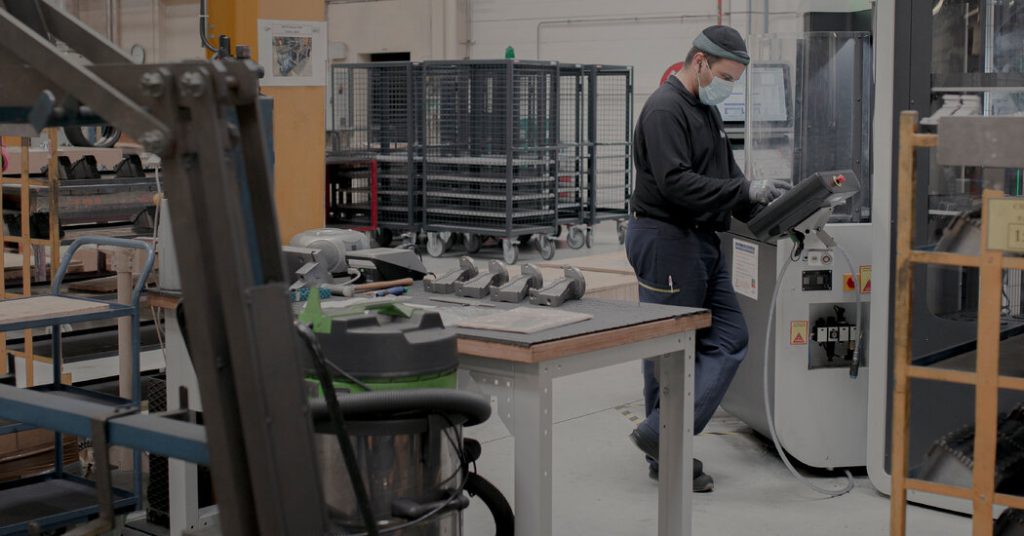Michelin, a French tire maker, closed its factories during the pandemic and found that many of its workers around the world were struggling to make ends meet. In response, the company announced a plan to guarantee all employees a “decent wage,” part of a broader social initiative to address inequality within the company. This move sparked a debate in France about what constitutes a decent wage and whether other corporations should follow suit.
Corporations globally are increasingly focused on meeting environmental, social, and governance targets, with some committing to becoming living-wage employers, paying salaries that cover basic living expenses for their workers. In France, companies like L’Oreal and Unilever have made similar commitments, with President Emmanuel Macron supporting the idea of companies sharing profits with workers. However, unions have raised concerns about workers still struggling and the lack of protections against layoffs or site closures.
Michelin turned to the Fair Wage Network to assess its salary structure, which found that around 5 percent of its employees worldwide were not earning enough. The company adjusted its pay scales to reflect the cost of living in different locations and raise the salaries of its lowest-paid workers. Despite concerns that these wage increases may affect shareholder returns, Michelin’s stock remains strong, suggesting that paying employees a living wage may also boost productivity and employee loyalty.
In France, where many workers earn less than €2,100 per month after taxes, the issue of income inequality is a pressing concern. Some lawmakers are proposing caps on executive pay to address this issue, especially after instances where executives’ salaries were significantly higher than those of the lowest-paid employees. Unions have called for more substantial wage increases for workers, pointing out that many are still struggling to cover basic expenses despite the living wage initiative.
Michelin’s CEO, Florent Menegaux, believes that the level of social cohesion within a corporation is vital for its success, suggesting that capitalism may have gone too far in prioritizing profits over fair wages for workers. He believes that paying employees a decent wage is not only a moral obligation but also a way to ensure the long-term sustainability and success of the company. Despite criticisms from unions and concerns about profit margins, Menegaux remains committed to improving the financial well-being of Michelin’s workers and promoting a more equitable distribution of wealth within the company.


